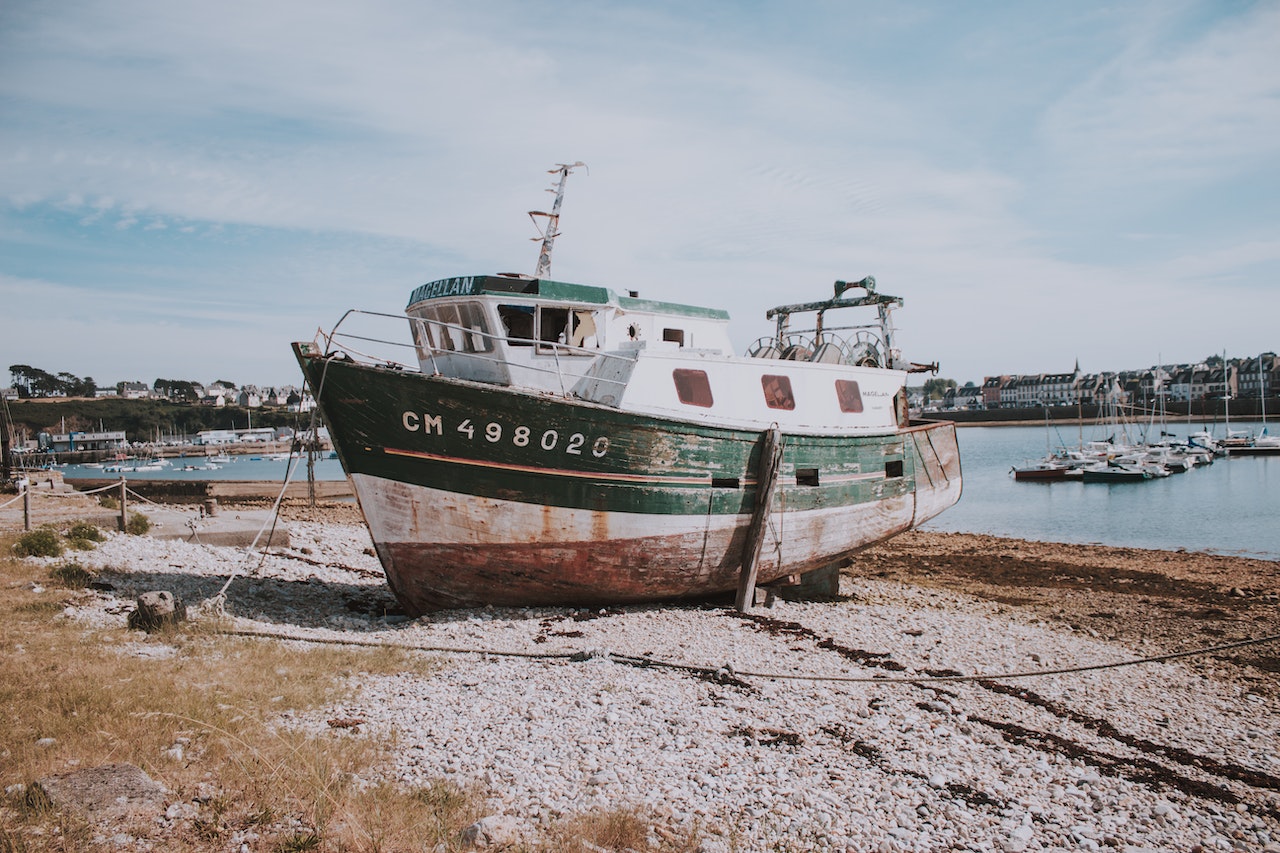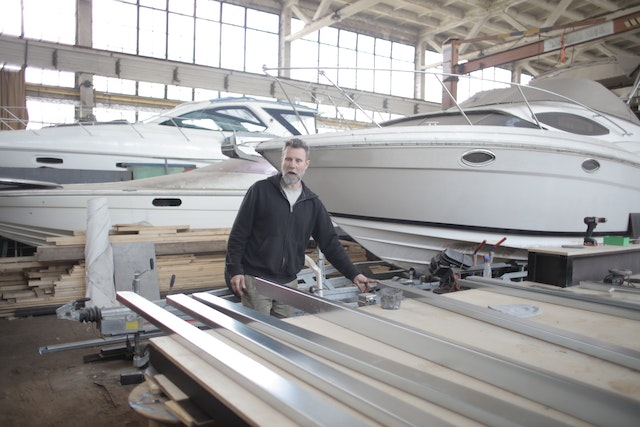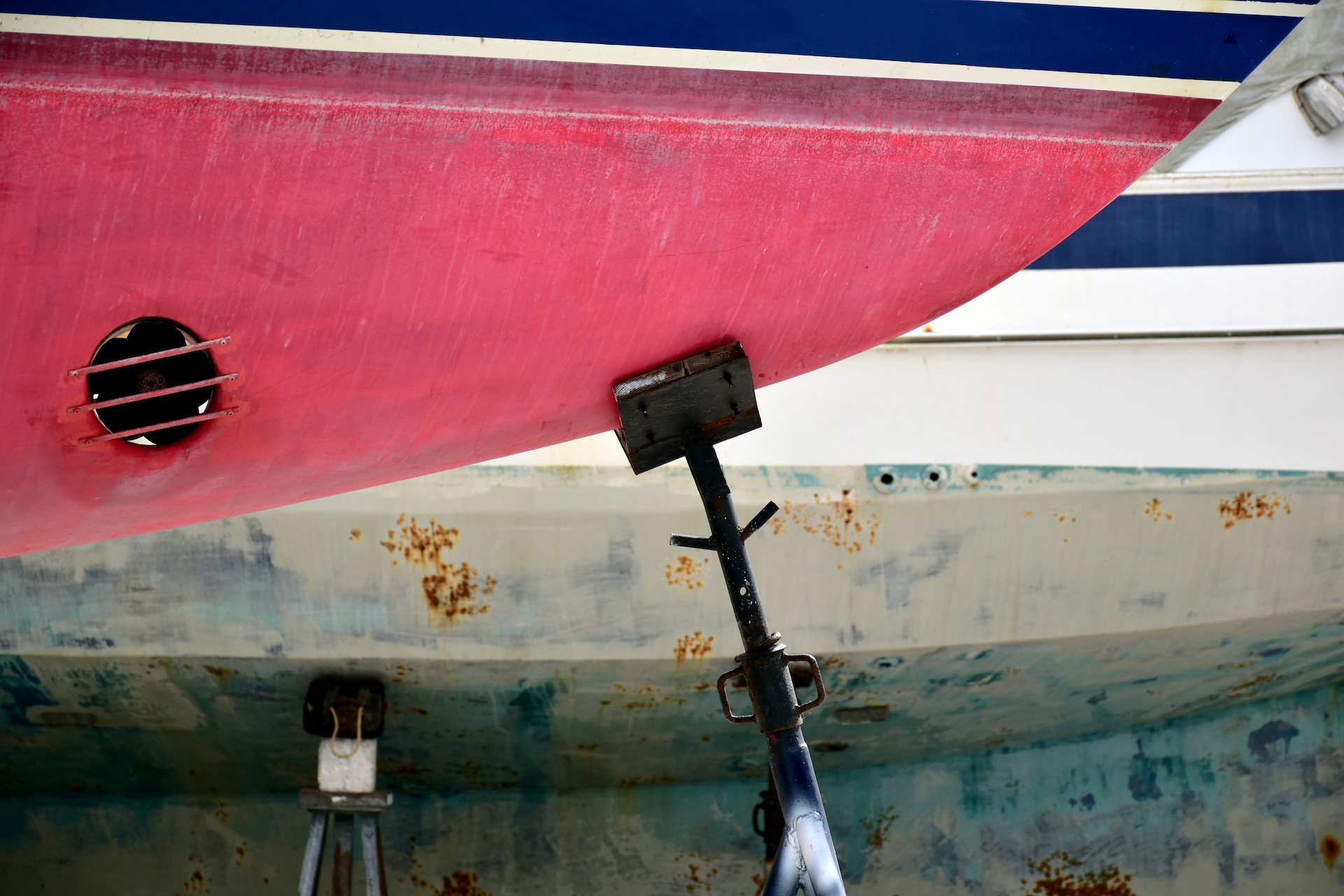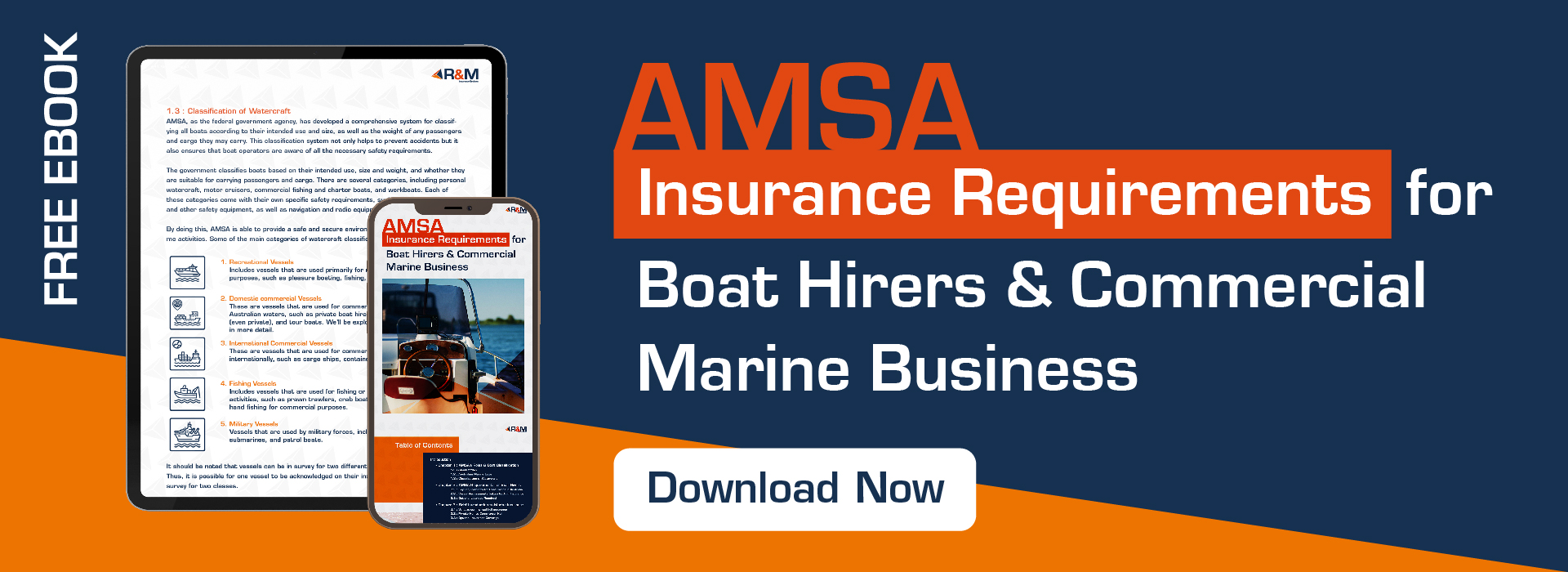
Whether you own a small pleasure craft or a large vessel for your commercial marine business, there’s no escape from the essentials of boat maintenance. There are so many aspects of vessel maintenance that we can cover, from routine cleaning and inspections to more complex repairs and upgrades, maintaining a vessel requires time, effort, and a solid understanding of its systems and components.
Proper maintenance not only ensures the safety and reliability of your vessel, but also helps to extend its lifespan and maintain its value. On the other hand, neglecting maintenance can result in breakdowns, failures, and even accidents, which can be costly and dangerous.
What is Vessel Maintenance
Vessel maintenance refers to the regular upkeep and repairs that are necessary to keep a boat or ship in good working condition. This includes tasks such as cleaning the hull, changing the oil, checking the electrical systems, inspecting the safety equipment, and repairing any damage or wear and tear that occurs over time.
It’s well-understood that proper maintenance is essential for ensuring the safety of the vessel and its passengers, as well as prolonging its useful life. Maintenance requirements can vary depending on the type and size of the vessel, as well as the operating conditions and frequency of use. In general, the manufacturer’s recommended maintenance schedule is adequate as a rule of thumb to conduct regular inspections to identify and address any issues before they become major problems.

Take a look at 4 vital aspects of boat maintenance that will ensure better compliance with regulations:
-
Hull & Machinery Maintenance
Hull and machinery maintenance refers specifically to the upkeep and repairs of a vessel’s hull and mechanical systems. This includes tasks such as cleaning the hull, checking the propellers and shafts, inspecting the steering and navigation systems, and testing the engine and other machinery. It is necessary to keep the hull clean to prevent marine growth and corrosion, which can damage the vessel’s structure over time.
Regular inspections and maintenance of the mechanical systems can help identify potential issues before they cause a breakdown or failure, which can be costly and dangerous. For example, regular oil changes and belt replacements can help ensure the engine runs smoothly, while checking the alignment of the propellers and shafts can prevent damage and improve fuel efficiency. Overall, proper hull and machinery maintenance is essential for the safe and efficient operation of any vessel.
-
Planned Maintenance
There are three types of maintenance: preventive, predictive, and corrective.
Preventive maintenance refers to regular scheduled maintenance to help prevent unexpected failure, or fixing things before they break. Usually, the owner’s manual or manufacturer already lists a schedule to follow. These schedules can vary from one vessel to another, but the manufacturer’s schedule will provide the best results.
Predictive maintenance is when vessel mechanics have the ability to proactively assess the health of a machine before it has an issue. Predictive maintenance is a part of the life cycle that all ships go through.
And finally, corrective maintenance occurs when something goes wrong and the mechanic has to fix it. This might not fall under planned maintenance.
Importance of Planned Maintenance
Due to the complex nature of the maritime working environment, maintenance-related issues are often a result of interactions between organisational factors and latent conditions.
A poorly designed procedure that is unclear, out-of-date, inaccessible, not written for the task or is difficult to follow will likely result in deviation or non-compliance. Thus, the procedures must be aligned with the way tasks are undertaken and to involve seafarers in their development whenever possible.
On the other hand, a well-designed planned maintenance system that includes regular and thorough maintenance, visual inspections and operational tests, will reduce the risk of machinery failure. Specific requirements and instructions, including any manufacturer’s recommendations, should be incorporated in the testing and maintenance plans.
-
Record-Keeping & Documentation
Record keeping and documentation are important aspects of planning boat maintenance because they provide a comprehensive record of the maintenance history. They can also help to ensure that maintenance is carried out in a timely and effective manner.
Many maintenance activities are required by law, and records must be kept to demonstrate that the work has been carried out in accordance with regulatory requirements. Keeping detailed records can help to ensure that the boat remains in compliance with relevant regulations and can prevent issues with authorities during inspections or audits.
In addition, record keeping becomes a valuable tool at time of claim. Acceptance of claims for mechanical breakdown and loss of hire (if these are insured) rely on documented evidence of timely and appropriate maintenance to those items. Claims can be challenged by the insurance company if we have no proof that the vessel was maintained in a seaworthy condition to ensure safe operations.

Conclusion
Maintenance is necessary to keep a vessel running well and looking good. It can be done as part of an inspection or as scheduled maintenance. The cost of maintenance varies from ship to ship, but their costs can go even more when you have an equipment failure at sea and need unexpected repairs. Therefore, keep up your ship maintenance up-to-date, so these unplanned repairs won’t be costly by the end of the day. Prioritise vessel maintenance and take proactive measures to keep their vessels in good working condition.

